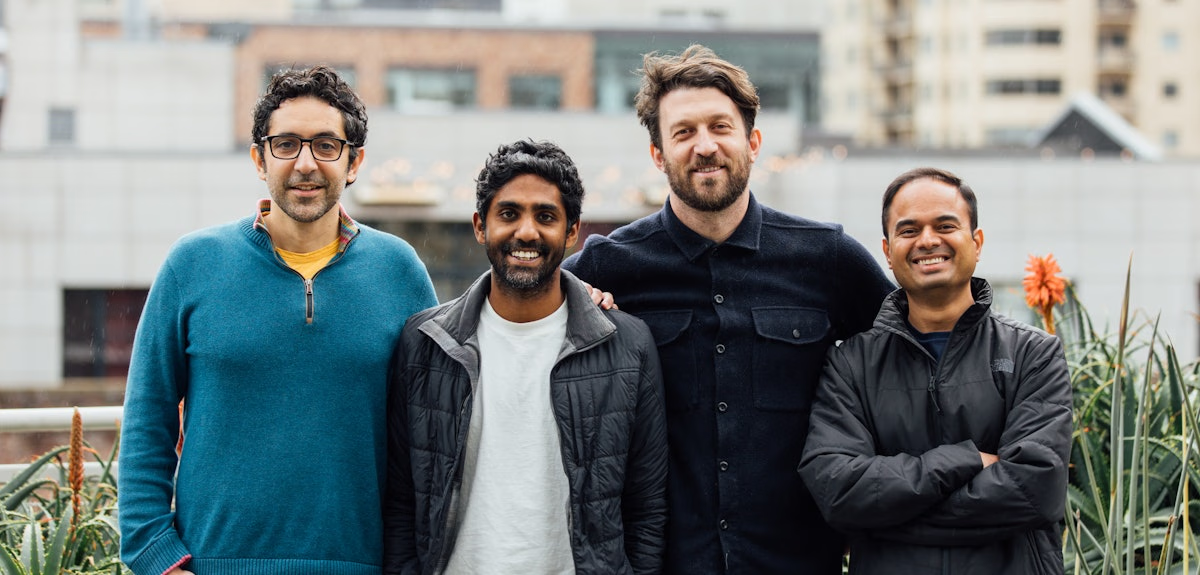
Great Teams in Great Markets
Partner Niki Scevak on what he's learnt over the past seven years at Blackbird and Startmate.
The generic answer of any venture investor about what they look for is always great teams in great markets. But that is too abstract to be useful. So here’s a little of what I’ve learnt over the past seven years at Blackbird and Startmate.
Teams
Would you work for the founders as an employee? Your bar is very high so saying yes to working for the founders is a great predictor they will hire great people and that is a compounding force for success.
How do the founders know each other? My stack rank order for relationship strength is: childhood friends just beat out girlfriend/boyfriend/husband/wife/whatever which beats out working together at an early stage startup which beats out working together at a large company. Teams that form around a startup and are meeting for the first time are usually the weakest. We never get this right though and about 40% of Startmate teams will have a founder leave (it doesn’t matter if the company is going well or badly, founders leave equally)
Why do they give a shit? Things will go wrong before they go right and why will the founders never give up? How has their life lead up to this moment?
Are they an unstoppable force? Do they have street fighter mongrel in them? You don’t want the fat and happy petting farm horses who worked at a big tech co, you want the wild stallions with everything to prove! They are relentlessly resourceful.
Would they spend their life on this problem anyway? They shouldn’t be doing the startup because they want to work for themselves or to be a founder. They should be doing it because they love to have a beer/spritzer/tea with their customers.
Who will the founder be as a person in 10 years? When investing in startups you are mostly restricted to investing in learner drivers who will become formula one drivers. Is the founder ultra competitive? When they see something great happen does their ambition exponentially grow? Ambition is the reaction to success not something declared upfront.As a side note the most enjoyable part of being an investor is watching founders shoot up the learning curve of startup life.
Markets
The only risk is not taking a risk. The biggest mistake is to look for higher probability successes or companies that are “further along”. “That makes sense to me so it has a higher chance of succeeding”. “They are being reasonable in going after a region/small piece etc”. “They have traction (e.g. $5–50k MRR) and are further along”.
Traction in the early stages is mainly a sign of the quality of the team not the market. Time also erodes traction relentlessly. It is akin to baseball: all the minor league players make the major league before they are 25. It is not impressive if a 33 year old is doing well in the minor leagues. Conversely, don’t be afraid to invest in the 17 year old high school pitcher.
The crazier it is, the more chance it has to succeed. Something non-crazy will not attract the best employees and the best investors who will pay the highest prices. On the flip side, the lower the ambition the more likely it is to fail.
Everything has a small chance of success, so make sure it can be really successful when it succeeds.
Seek out the misunderstood. Investment markets offer opportunity when business areas are misunderstood. You want something that sounds like a bad idea that is actually a good idea. Or something that looks too difficult on the surface but turns out to be not so difficult.
The best example of the misunderstood recently at Blackbird has been “hardware” companies in areas like robotics and space. On the outside, you might think these startups look like the graveyard of other hardware companies that came a decade before. Long product cycles combined with long sales cycles and getting squeezed as an OEM all along the way.
But in so many instances, once you drill down into the detail, they look much more like modern day software companies. The startups develop a product within months, speak to users from the beginning and have happy customers within a year. They enjoy all the same foundational trends of open source software and cheap computing.
Asking yourself if you can help is irrelevant to the decision. You can only help with what you know which by definition will make it something already known and not new. Optimise instead for how much you think you can discover and how much is weird and unique. Also, the more you can help, the worse the investment is likely to be. That’s very morbid but be consoled with the fact that there is so much common to business and people that you can always help anyone.
Focus on the long term and pretend you could never ever sell the investment. Asking yourself questions like would Google acquire the business or could they partner up with someone else always leads to bad decisions. Only consider if they can build a great independent business and that will ensure you make an honest assessment.



.jpg)

.avif)






